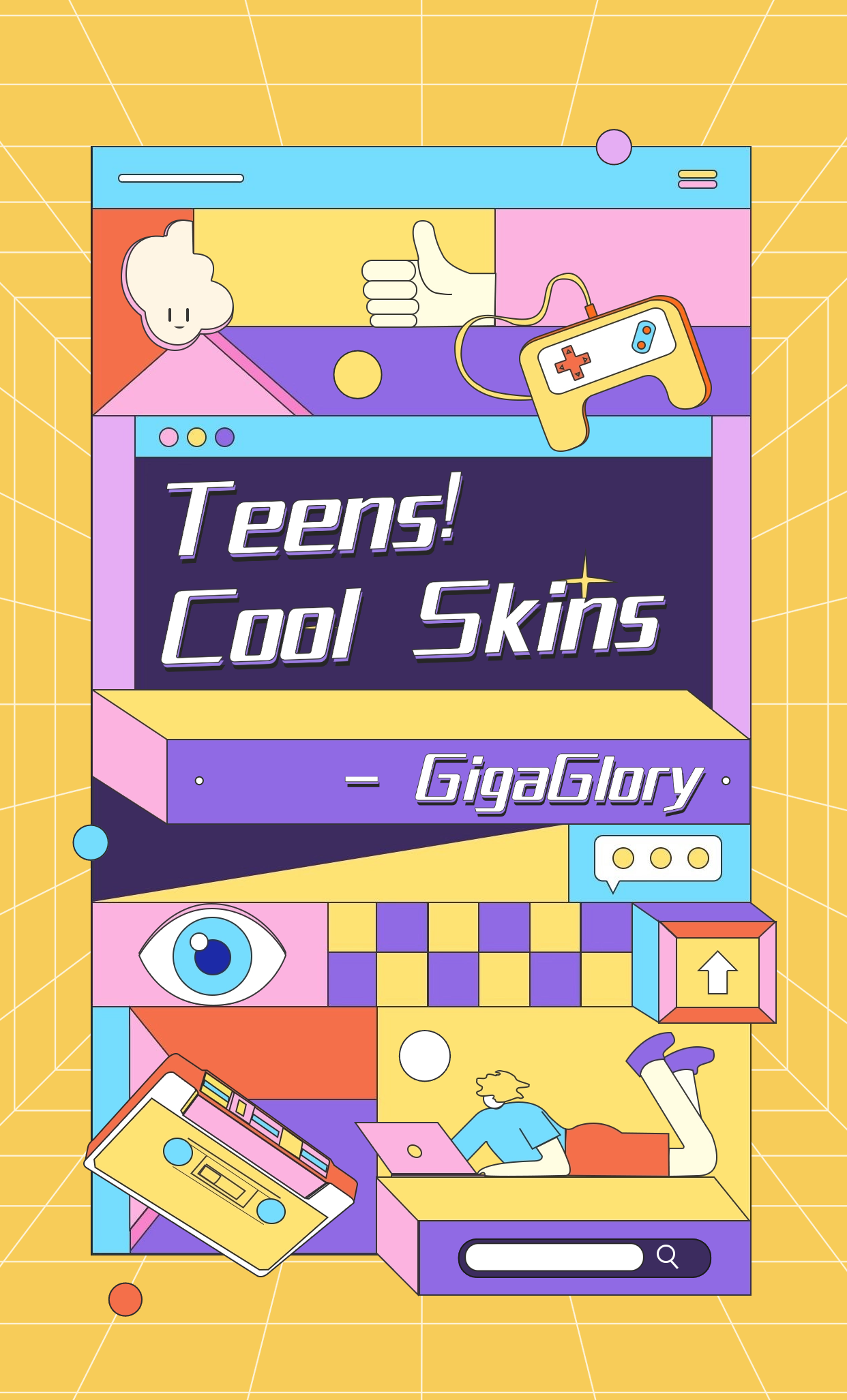Unlocking Learning: How Educational Games Revolutionize Game-Based Learning
Introduction to Educational Games
In today's digital era, educational games have emerged as a powerful tool for enhancing the learning experience. These engaging platforms not only provide entertainment but also stimulate cognitive skills. Have you ever thought about how games like Dragon Ball FighterZ could be integrated into educational settings? Let's dive into the world of educational games and see how they can revolutionize learning.
The Importance of Game-Based Learning
Game-based learning harnesses the intrinsic enjoyment of video games to improve educational outcomes. This approach gives students a chance to learn concepts in a fun, interactive way. Research indicates that students are more likely to retain information when they engage with it through a game.
How Educational Games Work
Educational games bridge the gap between traditional learning methods and modern gaming. They often include
- Interactive challenges that encourage problem-solving.
- Storytelling elements to captivate learners.
- Progress tracking to provide feedback.
Types of Educational Games
Educational games can be categorized into various types based on their purpose and design:
| Type | Description |
|---|---|
| Simulation Games | Replicate real-world scenarios for immersive learning. |
| Puzzle Games | Enhance critical thinking and problem-solving skills. |
| Role-Playing Games | Allow players to assume roles, fostering creativity. |
| Quiz Games | Test knowledge on various subjects easily. |
The Cognitive Benefits of Educational Games
Many studies show playing educational games can improve brain function. Here are some cognitive benefits:
- Enhanced memory retention
- Improved attention span
- Better problem-solving skills
- Increased motivation to learn
Integrating Educational Games into Traditional Learning
Teachers are increasingly incorporating educational games into their lesson plans. This integration can be achieved by:
- Designing assignments that incorporate game mechanics.
- Using games for assessment and feedback.
- Encouraging collaborative gameplay to foster teamwork.
Challenges of Implementing Educational Games
While the potential of educational games is vast, there are challenges in their implementation:
- Access to technology may be limited.
- Teacher training is essential for effective use.
- Balancing game time with traditional educational content.
Examples of Successful Educational Games
Here are a few standout educational games that have made a significant impact:
- Kerbal Space Program: Teaches physics and aerospace engineering.
- Minecraft: Education Edition: Offers a platform for creativity and collaboration in various subjects.
- Zoombinis: Enhances logic and reasoning skills.
The Role of Japanese RPG Games in Education
Japanese RPG games have a unique narrative style that can be harnessed in educational contexts. These games often incorporate rich storylines and character development, which can be aligned with educational objectives. For instance, students can engage in learning historical events through immersive gameplay experiences.
How Game Designers Can Develop Educational Games
For designers looking to create educational games, it's crucial to focus on elements that enhance learning:
- Identify educational goals upfront.
- Incorporate engaging narratives.
- Test with real students for feedback.
The Future of Educational Games
The future looks bright for educational games. As technology evolves, so do the opportunities for creating immersive, engaging learning experiences. With advancements in virtual reality (VR) and augmented reality (AR), the potential for game-based learning is boundless.
Conclusion: The Road Ahead
Educational games represent a significant shift in how we approach learning. They combine entertainment with education, making learning accessible and enjoyable. As we leverage advancements in technology, the evolution of educational games will only enhance this transformative educational journey.
FAQs
What are educational games?
Educational games are games designed specifically to teach or enhance skills and knowledge in an interactive format.
How do educational games benefit students?
They enhance cognitive skills, increase engagement, and improve information retention.
Can Japanese RPG games be educational?
Absolutely! They often include rich narratives and problem-solving elements that can teach various subjects.
What is the future of game-based learning?
The future looks encouraging with advancements in technology, making educational games more immersive and interactive than ever.



